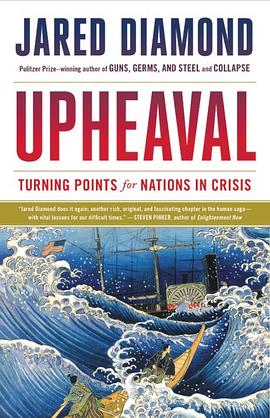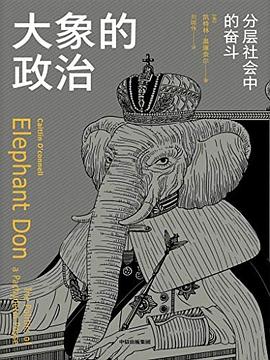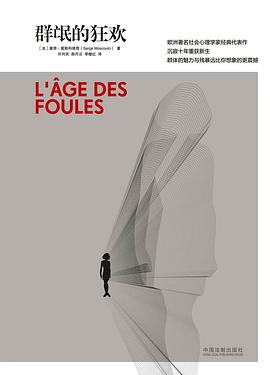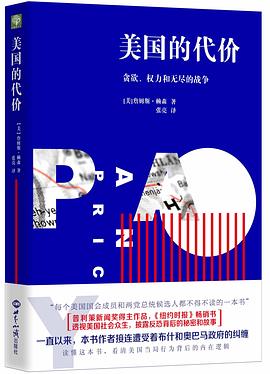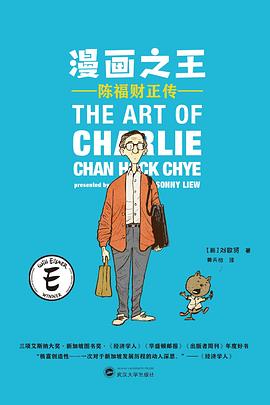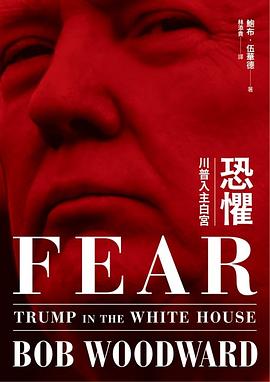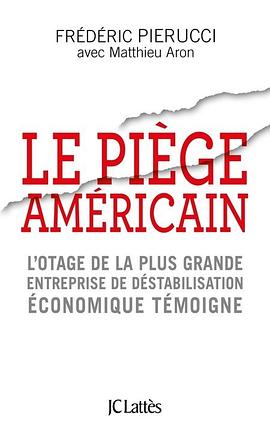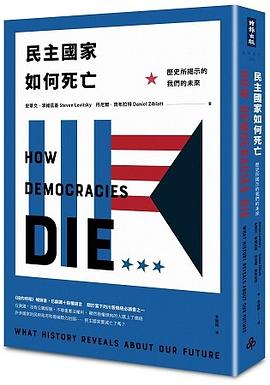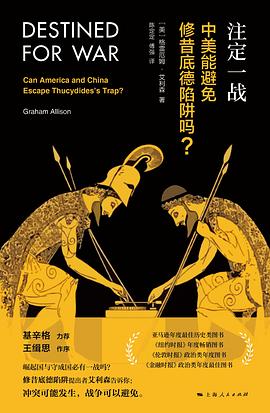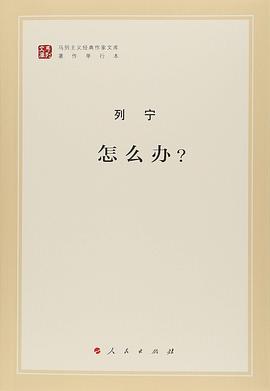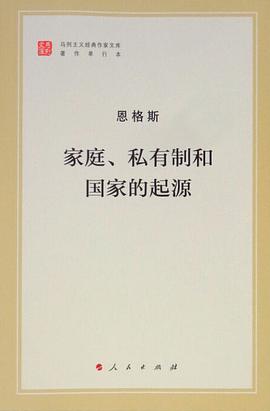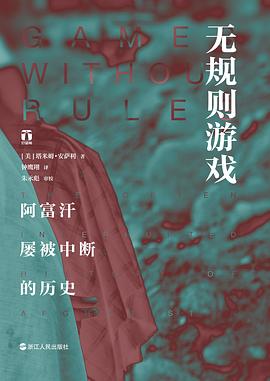
具体描述
In his earlier bestsellers Guns, Germs and Steel and Collapse, Jared Diamond transformed our understanding of what makes civilizations rise and fall. Now, in the final book in this monumental trilogy, he reveals how successful nations recover from crisis through selective change — a coping mechanism more commonly associated with personal trauma.
In a dazzling comparative study, Diamond shows us how seven countries have survived defining upheavals in the recent past — from US Commodore Perry’s arrival in Japan to the Soviet invasion of Finland to Pinochet’s regime in Chile — through a process of painful self-appraisal and adaptation, and he identifies patterns in the way that these distinct nations recovered from calamity. Looking ahead to the future, he investigates whether the United States, and the world, are squandering their natural advantages, on a path towards political conflict and decline. Or can we still learn from the lessons of the past?
Adding a psychological dimension to the awe-inspiring grasp of history, geography, economics, and anthropology that marks all Diamond’s work, Upheaval reveals how both nations and individuals can become more resilient. The result is a book that is epic, urgent, and groundbreaking.
用户评价
##作者对中国的解读不知道是停留在哪个年代,难以认同,拿出的优劣对比之处早已发生改变。尤其”the biggest single disadvantage that will prevent China from ever catching up with the U.S. in average income per person—as long as the U.S. remains democratic and China remains non-democratic.” 不论哪种体制,最终还是得看最高决策人的水平;另,感谢美帝披着外衣的『民主』,不然不会有川某上台,天天给娱乐新闻加料。期待美帝将民主进行到底!
评分##Very insightful book. Jared老爷子的书真的是没话说,希望每个对现代史感兴趣的人都读一读。前半部分扫盲,后半部分从新的角度分析国际问题,其中美中比较很有意思,关于展望世界的部分有些cliche,but still a great book in general! 另外,虽然老爷子在后记中提到自己数据和样本的稀缺性,但整本书很多问题的解释都是“according my friend”,难免让人觉得难以信服(但人家毕竟是Jared Diamond,他的朋友的可信度肯定是很大的…)唉,我要是在这个年龄也能看过世界变迁,往来无白丁,也算不枉走一遭了~
评分##应对危机的12个建议: 承认危机 接受解决危机的责任 确定危机的边界 求助外界 借鉴榜样 自我力量/国家凝聚力 诚实地自我评估 应对危机的经验 耐心 灵活性 核心价值观 个人约束/国家地缘限制
评分##国家危机的状况解释和背景分析等都很不错,可作者一心想要把归纳总结历史事件当作社会科学来做定量分析这点难以接受,还一直说数据找变量,作为生理学家的基本素养呢?不过作者估计也不是正统的搞科学的,不然也不会写这么多文化相关的书。
评分##非常应景的一本书。一位80+睿智老者,结合自身经历、见闻和研究,娓娓道来国家应如何应对危机。开篇以如何处理个人危机为例,讲了危机处理的几个步骤,很重要的一个点是:确立危机的边界。不要一个方面出现问题,误以为全线崩溃。接着以作者孰知/会当地语言的六国近代史为例,各个国家又是如何从国家角度化解危机。比较熟悉的日本明治维新,不常读到的芬兰、智利、印尼三国的近现代史令人耳目一新。以及德国的自我审判、自我反思也很有意思,包括他们六十年代不成功的学生运动成功推动了原本爹气十足的社会民主开明化。最后分析美国优势和存在问题,如政治两极化,预测其、日本和世界未来的危机会出现在哪里。还涉及到“伟人”能从多大程度影响历史进程。未来的世界危机,除了常见的议题能源短缺、气候变化、核危机、不平等...还有:传染病
评分##One strong feeling is that having the form of countries as today, it seems inherent to have a world full of conflicts; ps, wish we can also have a similar self-reflection...pps, would't it be the case that emphasizing national identity may lead to nationalism?
评分##华沙一跪的Willy Brandt,出过大丑闻。他本身就有强烈的Socialist倾向,身边重要幕僚还是东德间谍,并且还陷入过性丑闻(美人计间谍)。他那一跪到底是反省NAZI还是跪舔华约,值得讨论。
评分##One strong feeling is that having the form of countries as today, it seems inherent to have a world full of conflicts; ps, wish we can also have a similar self-reflection...pps, would't it be the case that emphasizing national identity may lead to nationalism?
评分##芬兰的经验是乌克兰应该汲取的 后几章没什么意思 3.5
相关图书
本站所有内容均为互联网搜索引擎提供的公开搜索信息,本站不存储任何数据与内容,任何内容与数据均与本站无关,如有需要请联系相关搜索引擎包括但不限于百度,google,bing,sogou 等
© 2025 book.cndgn.com All Rights Reserved. 新城书站 版权所有

